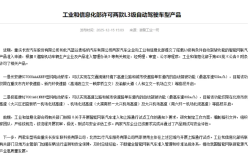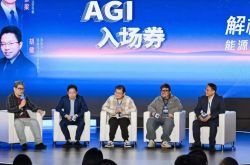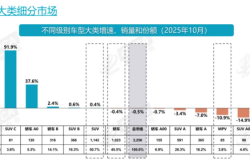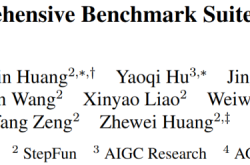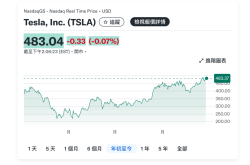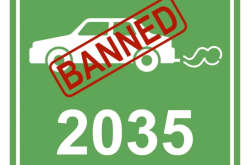Musk Challenges 'Apple × OpenAI': The AI Subtext Behind a Monopoly Lawsuit
![]() 08/28 2025
08/28 2025
![]() 571
571
On August 26, 2025, Musk submitted a 47-page complaint to the U.S. District Court for the Northern District of California, naming Apple, OpenAI, Tim Cook, and Sam Altman as defendants. On the same day, Apple officially announced that the iPhone 16 series would feature 'Apple Intelligence 2.0', deeply integrated with OpenAI's GPT-5. This was no mere coincidence but rather the latest intense clash in Silicon Valley's power struggle.
Within 24 hours, we cross-referenced the original English lawsuit from CNBC with the extensive article 'Musk Targets Apple: A Pre-Emptive 'Antitrust' Battle' from the domestic WeChat public account 'Yuanchuan Research Institute', aiming to unravel the triple logic underpinning and surrounding this lawsuit: the battle for technological supremacy, the competition for business ecosystems, and the struggle for regulatory narratives.
Timeline Review: From 'Handshake' to 'Fallout' in Just 14 Months
June 2024: iOS 18 first integrated ChatGPT-4, and Apple inked a non-exclusive agreement with OpenAI.
December 2024: xAI released Grok-2, and Musk publicly ridiculed Siri as a 'crude imitation of GPT'.
March 2025: Apple invested an additional $2.5 billion in OpenAI, acquiring an 8% stake and securing a board observer seat.
August 18, 2025: The iOS 19 Beta leaked, revealing that system-level invocation of GPT-5 no longer prompted a third-party selection menu.
August 25, 2025: The lawsuit was officially filed, case number 3:25-cv-04199-VC.
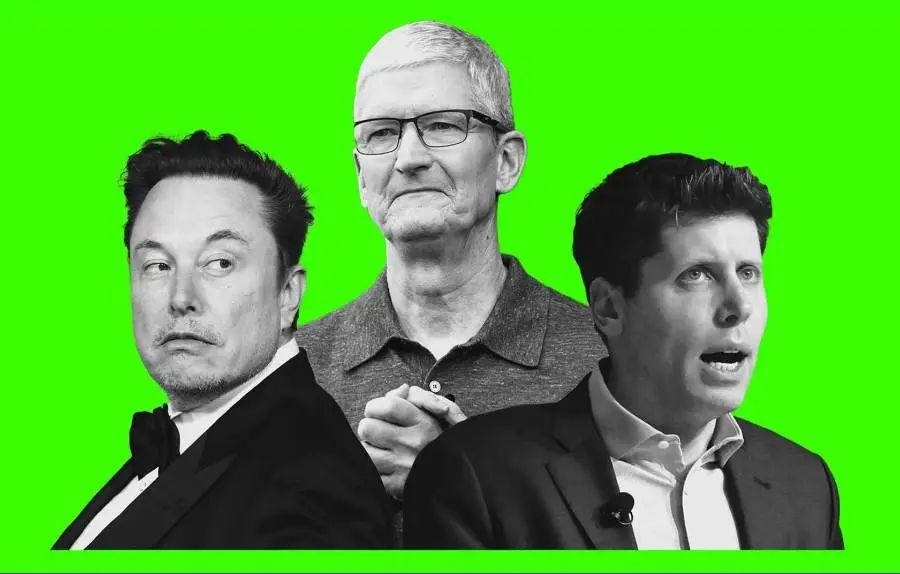
Origin of the Lawsuit: Competitive Imbalance Under the Shadow of Monopoly
Four 'Bombs' in the Lawsuit
Tying: Apple 'forcefully integrates' AI capabilities into hardware, violating Section 1 of the Sherman Act.
Exclusive Dealing: A $2.5 billion 'gag fee' prevents OpenAI from granting xAI and Anthropic equal API access.
Data Leverage: iPhone local models transmit user prompts back to OpenAI, which uses them to train the next generation of models, creating a monopolistic closed loop of a 'data flywheel'.
Interlocking Directorate: Apple executive Phil Schiller simultaneously serves as an OpenAI board observer, suspected of violating Section 8 of the Clayton Act, which prohibits 'interlocking directorates'.
In Apple's 'Essential Apps' section of the App Store, OpenAI's ChatGPT has long held a prominent position, whereas xAI's Grok, despite having over 12 million daily active users and impressive achievements, has consistently been excluded. According to the complaint, when users search for 'AI Assistant' in the App Store, ChatGPT appears 3.7 times more frequently than other apps, while Grok's exposure is suppressed by 62%. This disparity strongly suggests artificial intervention.
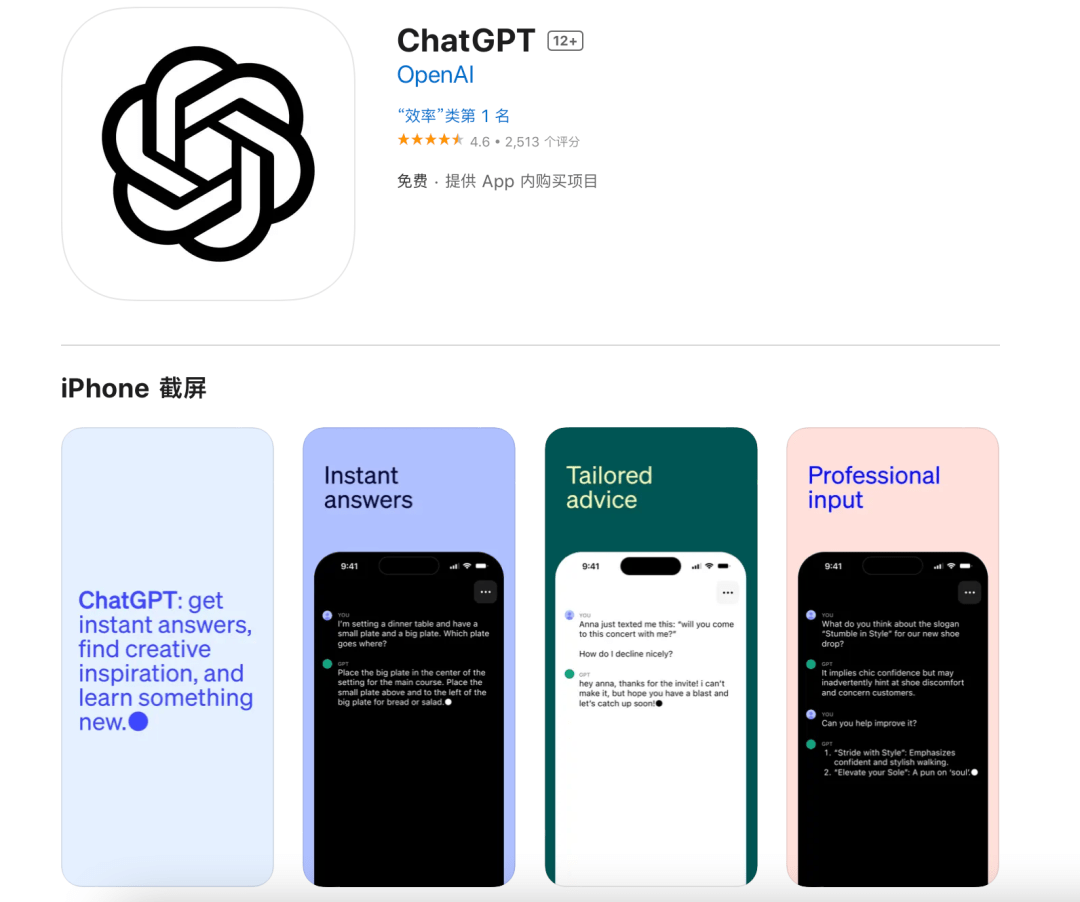
Apple's collaboration with OpenAI began in 2024, and since then, ChatGPT downloads on iOS have surged by 280%, while the average growth rate of other AI apps during the same period was only 45%. Apple has deeply integrated ChatGPT into Siri voice assistant, system-wide writing tools, and visual intelligence analysis modules for the iPhone camera, giving ChatGPT a unique advantage within Apple's ecosystem. Other AI apps, even if they enter users' field of vision through the App Store, face functional limitations and a fragmented user experience, making it challenging to compete.
Strength and Confidence of Both Parties: The Contest Between Tech Giants
xAI is not entering this lawsuit without confidence. It boasts powerful technical support from the 'supercomputing factory' Colossus, equipped with 100,000 NVIDIA H100 GPUs. This supercomputer, with a daily training cost exceeding $2 million, is a computational behemoth. Relying on such formidable computing power, the Grok 4 model has approached GPT-5 in core indicators such as mathematical reasoning and code generation. Moreover, xAI's open-source strategy has attracted a vast number of developers. Within 48 hours of the open-source release of Grok 2.5, the number of stars in the related GitHub repository surpassed 50,000, far outpacing Meta's Llama 3, demonstrating strong technical influence and community appeal.
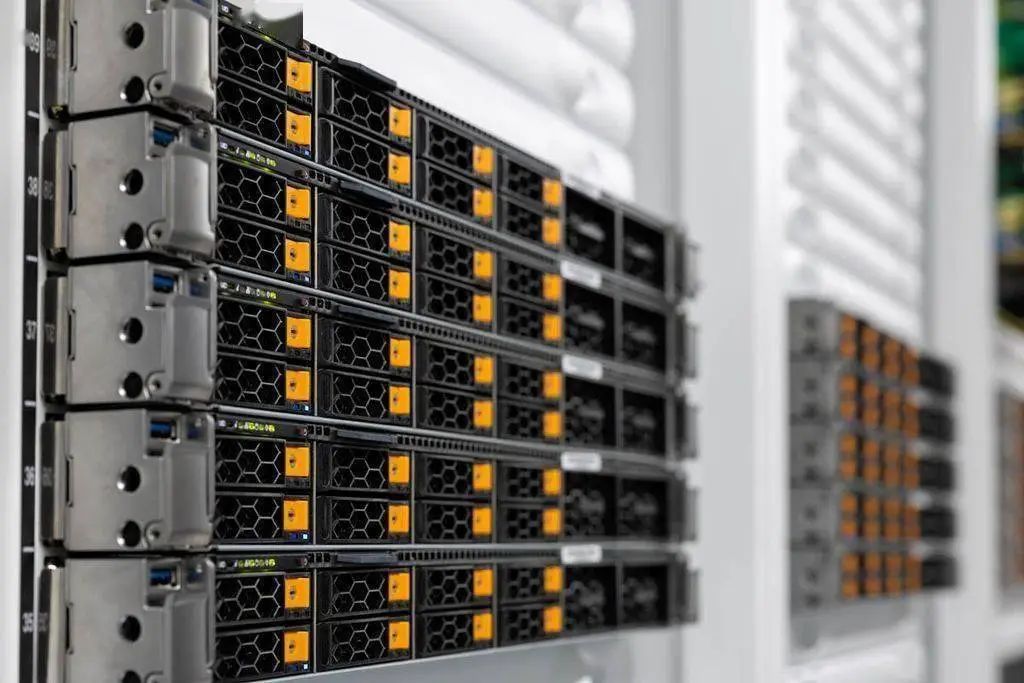
OpenAI is equally formidable and constantly innovating in the face of competition. Its newly launched GPT-5s model introduces 'dynamic context' technology, capable of handling 20 parallel tasks simultaneously, further solidifying its technological leadership. However, this technological advancement also comes with high costs, with the training cost of GPT-5s soaring to $12 million. Leveraging its technological edge in conjunction with Apple's channel advantages, OpenAI has erected an insurmountable technical barrier in the market.
Industry Impact: An Opportunity to Reshape the Competitive Landscape?
Should this lawsuit succeed, it could have a profound impact on the AI industry. The Federal Trade Commission (FTC) has made it clear that it will closely monitor the progress of this case, and the European Union's antitrust agency also intends to use this as an opportunity to promote the implementation of the Digital Markets Act. If Apple is found guilty of violations, it may be compelled to open more system interfaces, which would open the door for numerous competitors such as xAI and Anthropic, breaking the existing market monopoly and allowing more outstanding AI products to emerge. If OpenAI is classified as 'critical infrastructure', its data monopoly status will also face disruption, and small and medium-sized developers are expected to gain access to more training resources, potentially further stimulating innovation across the entire AI industry.
From a broader perspective, this lawsuit uncovers the deep-seated contradictions within the tech industry in the AI era. AI has become the 'digital oil' of our time, the core driver of technological advancement. On one hand, giants need to collaborate to jointly develop advanced technologies, but on the other hand, they must constantly guard against being 'strangled' by their partners. Behind Apple and OpenAI's seemingly robust alliance, there are undercurrents. It is reported that Apple is secretly developing its own AI Agent, attempting to shed its dependence on external AI technology; while OpenAI is also expanding into the hardware sector, broadening its business horizons. This paradox of both competition and cooperation is not just a problem faced by these two companies but also a dilemma that the entire tech industry needs to consider and address in the AI era.
This antitrust lawsuit brought by Musk's xAI against Apple and OpenAI is undoubtedly a significant milestone in the history of AI development. It not only concerns the commercial interests of a few companies but will also have a profound impact on the competitive landscape, technological innovation, and regulatory policies of the global AI industry. We eagerly await a fair ruling from the court and the flourishing of the AI industry in a competitive environment characterized by fairness.


